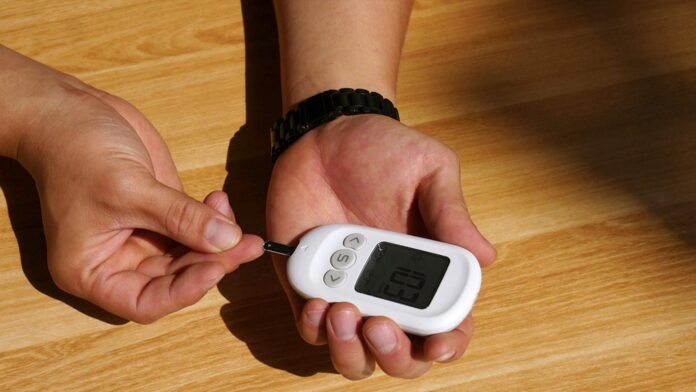
In today’s fast-paced world, it’s easy to overlook or dismiss warning signs of health issues. However, when it comes to hyperglycemia, ignoring the symptoms can have serious consequences. Hyperglycemia, or high blood sugar, occurs when there is an excessive amount of glucose in the bloodstream. This can be a signal of diabetes, a chronic condition that affects millions of people worldwide. Understanding the symptoms and warning signs of hyperglycemia is crucial in order to prevent complications and maintain good health.
Symptoms of Hyperglycemia
One of the most common symptoms of hyperglycemia is increased thirst and frequent urination. When blood sugar levels are high, the kidneys work overtime to remove the excess glucose from the bloodstream, leading to increased urine production. This can result in dehydration, which in turn can cause excessive thirst.
Another common symptom of hyperglycemia is fatigue or feeling unusually tired. When glucose levels are too high, the body’s cells are unable to effectively utilize it for energy, leading to feelings of fatigue and weakness. This can also be accompanied by irritability and difficulty concentrating.
Other symptoms of hyperglycemia can include blurred vision, headaches, and weight loss. In severe cases, hyperglycemia can lead to more serious complications such as ketoacidosis, a potentially life-threatening condition that requires immediate medical attention.
Warning Signs of Hyperglycemia
In addition to the symptoms mentioned above, there are several warning signs that indicate a person may be experiencing hyperglycemia. These include:
– Frequent infections or slow healing wounds: High blood sugar levels can weaken the immune system, making it harder for the body to fight off infections. Slow healing wounds, particularly on the feet, can be a sign of poor circulation and nerve damage, both common complications of uncontrolled diabetes.
– Sudden weight loss: While weight loss is often seen as a positive sign, unexplained weight loss can be a warning sign of hyperglycemia. When the body is unable to use glucose effectively, it may start to break down muscle and fat for energy, leading to unintended weight loss.
– Dry, itchy skin: Hyperglycemia can cause dehydration, which can lead to dry and itchy skin. This can be particularly problematic for people with diabetes, as dry skin can increase the risk of developing infections and ulcers.
– Excessive hunger: Despite having high blood sugar levels, individuals with hyperglycemia may feel constantly hungry. This is because the body’s cells are unable to access the glucose they need for energy, leading to feelings of hunger and cravings for high-calorie foods.
– Numbness or tingling in the hands and feet: High blood sugar levels can cause nerve damage, a condition known as diabetic neuropathy. This can manifest as a tingling or burning sensation in the hands and feet, as well as numbness or loss of sensation.
Preventing Hyperglycemia
Preventing hyperglycemia starts with maintaining healthy blood sugar levels through a balanced diet, regular physical activity, and medication management for those with diabetes. Monitoring blood sugar levels regularly can help individuals identify any fluctuations and take appropriate action to keep levels within a healthy range.
Eating a diet high in fiber, fruits, vegetables, and whole grains can help regulate blood sugar levels and prevent spikes in glucose. Avoiding sugary drinks and snacks, as well as limiting carbohydrate intake, can also help prevent hyperglycemia. Staying hydrated and getting regular exercise can also help regulate blood sugar levels and improve overall health.
For individuals with diabetes, it is important to work closely with a healthcare provider to develop a personalized treatment plan. This may include taking medication as prescribed, monitoring blood sugar levels regularly, and making lifestyle changes to improve overall health.
In conclusion, hyperglycemia is a serious health condition that requires attention and management. Understanding the symptoms and warning signs of hyperglycemia can help individuals identify the condition early and take appropriate action to prevent complications. By maintaining healthy blood sugar levels through diet, exercise, and medication management, individuals can reduce their risk of developing hyperglycemia and improve their overall health and well-being. If you or someone you know is experiencing symptoms of hyperglycemia, it is important to seek medical advice promptly to prevent further complications.












